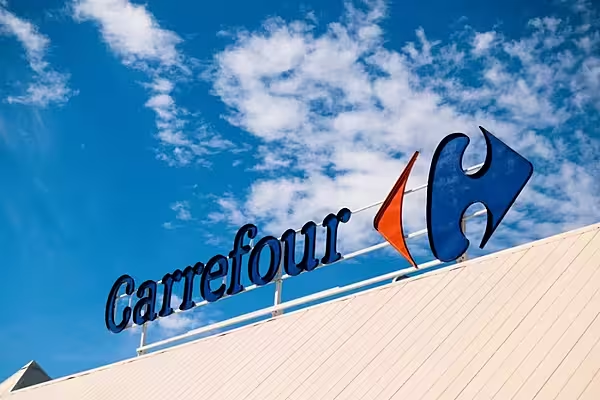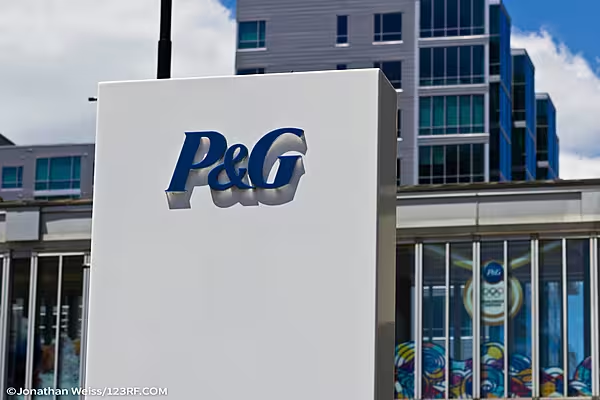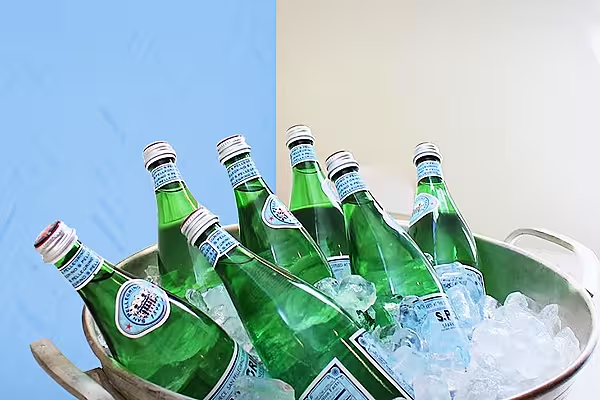China’s reduced craving for raw materials is driving mining companies to go to extreme measures to cut costs amid steadily falling prices. Having already cut billions of dollars, mining companies are now scratching for savings wherever they can find them, from renegotiating rubber contracts for tires, to adopting driverless trucks and trains. Even menus aren’t exempt. Kinross Gold Corp. workers in Mauritania, West Africa, are losing their posh Nespresso brand coffee machines advertised by movie star George Clooney. And Rio Tinto Group has been cutting back on meat pies. "The world is moving into surplus in most commodities. The focus absolutely has to be on cost-cutting and to cut out the excesses of the past five years," Rob Clifford, a mining analyst at Deutsche Bank AG in London, said by phone. "And you need to focus on the small stuff. Every pie counts." At a time when more flush industries are lavishing gourmet items on its workforce, from fresh sushi at Google Inc. to new "paleo diet" food stations at Apple Inc.’s headquarter’s cafeteria, the mining industry is jettisoning everything from bottled water to barbecues. With more than $50 billion in revenue last year, Rio Tinto saved about $60,000 by reducing servings of hot meat pies and sausage rolls. That was part of a broader effort that stripped $2.3 billion from costs last year in an overhaul of global operations. That drive will persist, Chief Executive Officer Sam Walsh said in an interview with Bloomberg Television yesterday. "We need to continue to improve our efficiency," he said. Percolator Coffee Similarly, Kinross is withdrawing the Nestle SA espresso capsules as part of a push to lower operating costs after a one-third slump in gold’s value. The company is moving to "percolator coffee machines and ground coffee to replace the more expensive single-serve capsules," according to an April 2 e-mail Kinross sent to its staff at the Tasiast mine in Mauritania, written in English, Arabic and French. The e-mail states the switch will save $80,000 a year. Andrea Mandel-Campbell, a Toronto-based Kinross spokeswoman declined to comment directly on the e-mail. "We’ve been focused on reducing costs and increasing efficiencies across our operations for some time now," she said. "We’re pretty proud of some very tangible results that we have been seeing lately." With the Bloomberg World Mining Index down 42% in three years, investors will keep pressuring for cuts by curbing wages, reining in expansions, and closing or selling costly mines. Truck Tires BHP Billiton Ltd., the world’s biggest mining company, has stripped out about $3.9 billion in costs and spending on exploration in the last two years. To curb costs at its Australian coal mines BHP has instructed its truck fleet to reduce downtime on shift changes and has begun refueling trucks at mining pits to avoid wear and tear on tires. The company says this has improved truck performance by 40 percent. BHP said today it is reviewing the size of the workforce at its Australian iron ore operations, which reported about $20 billion in sales in fiscal 2013. Anglo American Plc, the fifth-largest mining company, has reviewed contracts with suppliers of fuel, rubber for tires and removed contractors at Australian coal operations to trim costs. Yet the industry may be hard pressed to keep the cuts coming. Mining companies will have trimmed their capital spending by more than half from 2013 through 2015, JPMorgan Chase & Co. analysts estimated in a May 12 report, raising the industry to overweight from underweight. This raises the possibility of cash returns to investors, JPMorgan said. Banana Prices "The easy cost reduction opportunities have been tackled," Morgan Stanley wrote in a note last week. "While the efficiency drive will continue, the pace of cost reductions will slow." That’s little solace for workers at nickel producer Western Areas Ltd. who haven’t had a pay rise in three years as prices of the metal tumbled, while the company is keeping expenses under the microscope to contain its losses. "Every cent we save goes straight through to the bottom line," Managing Director Dan Lougher said in an interview. "Cost reductions are part of our culture. When prices of bananas go up we take them off the menu. They are on the menu at the moment." Bloomberg
Get the week's top grocery retail news
The most important stories from European grocery retail direct to your inbox every Thursday

Copyright © 2024. All rights reserved. Developed by Square1 and powered by PublisherPlus.com












